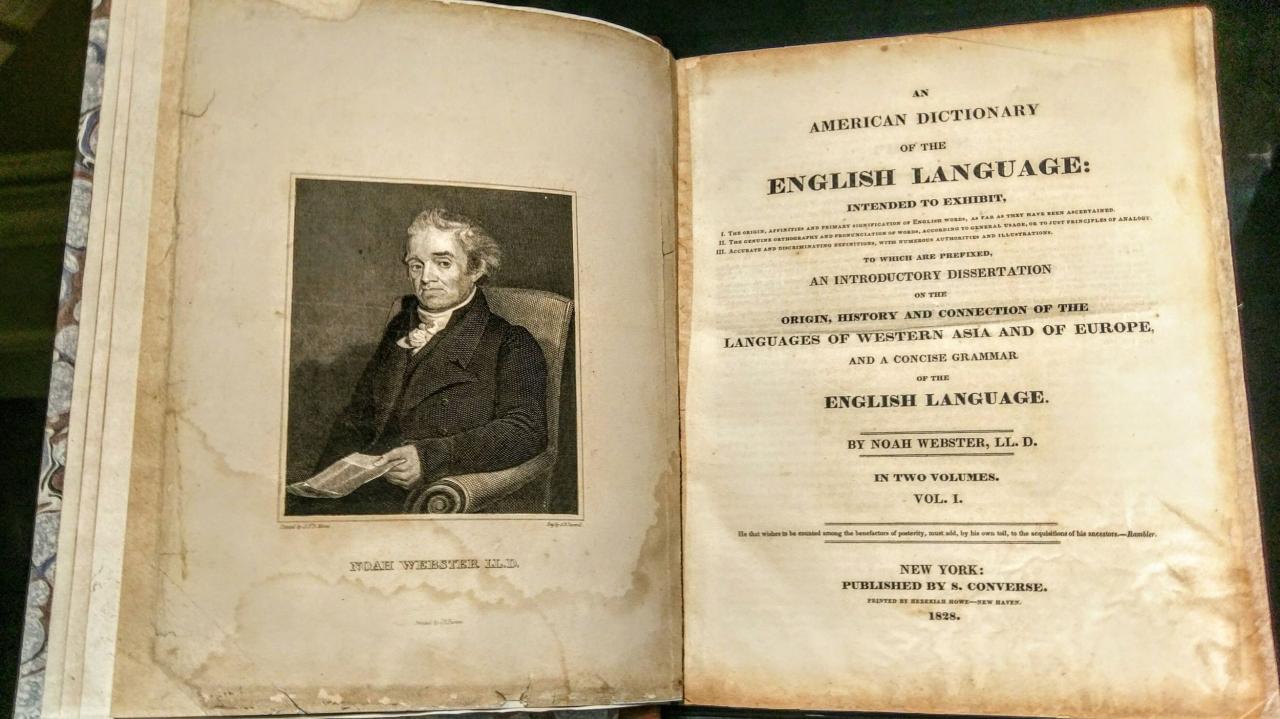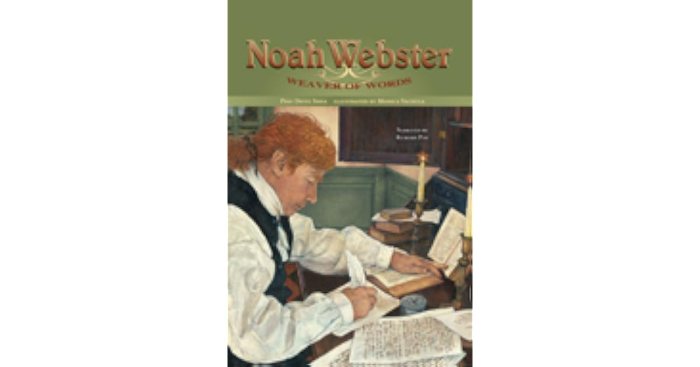Noah webster weaver of words – Noah Webster, the weaver of words, stands as a towering figure in the annals of American language and education. His unwavering passion for language and his relentless pursuit of a standardized American lexicon left an enduring legacy that continues to shape the way we use and understand language today.
Webster’s unwavering belief in the power of language as a unifier and a catalyst for progress drove his life’s work. His groundbreaking dictionary, published in 1828, became the definitive guide to American spelling, pronunciation, and usage, establishing a common linguistic foundation for a burgeoning nation.
Noah Webster
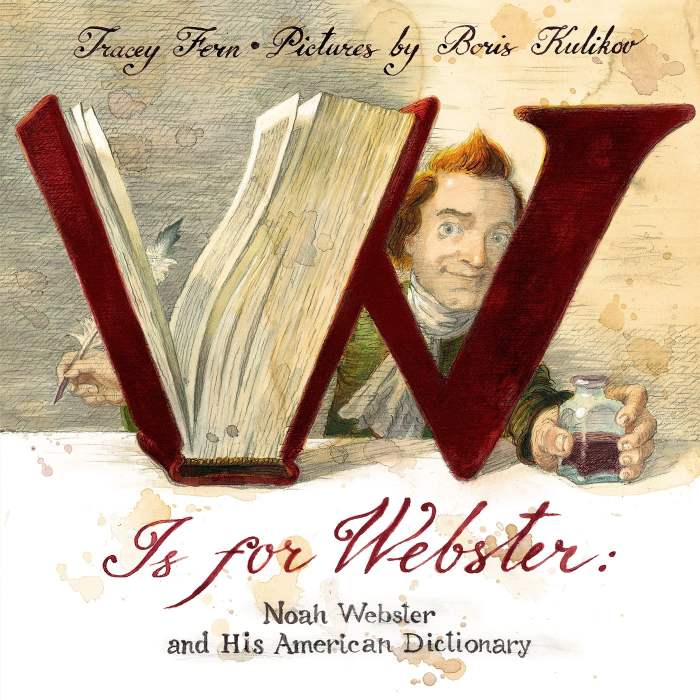
Noah Webster was an American lexicographer, author, and educator who played a pivotal role in shaping the American language. Born in 1758 in West Hartford, Connecticut, Webster received a classical education at Yale College and embarked on a career as a teacher and lawyer.
Webster’s Passion for Language
Webster’s passion for language was evident from an early age. He believed that a standardized American language was essential for the nation’s cultural and intellectual development. In 1783, he published his first grammar book, A Grammatical Institute of the English Language, which became a widely used textbook in American schools.
Webster’s Dictionary
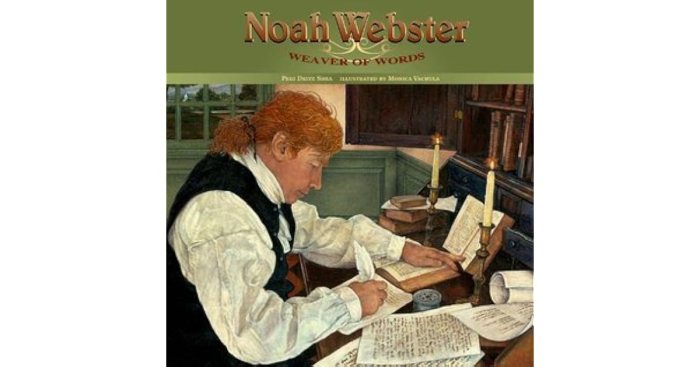
Noah Webster’s dictionary was a groundbreaking achievement in the development of the American language. It standardized American spelling, pronunciation, and usage, and helped to create a uniquely American dialect of English.
The Process of Compiling the Dictionary
Webster began work on his dictionary in 1806. He spent the next 20 years collecting words and definitions from a wide variety of sources, including books, newspapers, and letters. He also consulted with experts in various fields, such as law, medicine, and science.
Webster’s dictionary was the first to include many words that were not found in other dictionaries of the time, such as “skunk,” “caucus,” and “doughnut.” It also included many new definitions, such as the definition of “democracy” as “a government in which the supreme power is vested in the people and exercised by them directly or indirectly through a system of representation usually involving periodically held free elections.”
The Impact of the Dictionary
Webster’s dictionary had a profound impact on the American language. It helped to standardize American spelling, pronunciation, and usage. It also helped to create a uniquely American dialect of English that is distinct from British English.
Webster’s dictionary is still used today as a standard reference for American English. It is a valuable resource for students, writers, and anyone else who wants to learn more about the American language.
Webster’s Influence on American Education
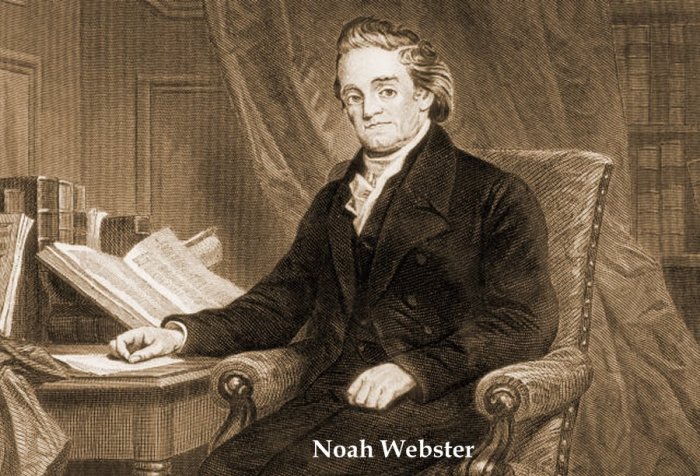
Noah Webster played a pivotal role in shaping the educational landscape of the United States through his extensive contributions to textbooks and spelling books.
Webster’s educational materials were instrumental in promoting literacy and standardizing the American language. His textbooks, such as “The American Spelling Book,” became widely adopted in schools, teaching millions of students the basics of reading, writing, and spelling. Webster’s emphasis on phonetic spelling and his inclusion of a comprehensive dictionary helped to establish a common set of spelling and pronunciation rules.
Webster’s Textbooks
- Provided a structured and comprehensive approach to teaching reading, writing, and spelling.
- Introduced phonetic spelling, making it easier for students to learn to read and write.
- Included a dictionary, introducing students to the meaning and usage of words.
Webster’s Spelling Books, Noah webster weaver of words
- Established a standard for spelling, contributing to the standardization of the American language.
- Included lessons on grammar, pronunciation, and etymology, enriching students’ understanding of language.
- Became widely used in schools, fostering a common set of spelling and pronunciation rules.
Webster’s educational materials had a profound impact on the development of American schools. His textbooks and spelling books became essential resources in classrooms, helping to establish a literate and standardized educational system.
Noah Webster, the famed lexicographer, spent his life meticulously crafting the language we use today. Yet, as the article ” He Fumbles at Your Soul ” suggests, even the most eloquent words can falter when they attempt to capture the intangible essence of human experience.
But Webster’s legacy as a weaver of words remains unblemished, a testament to his profound understanding of language’s power and its limitations.
Webster’s Legacy
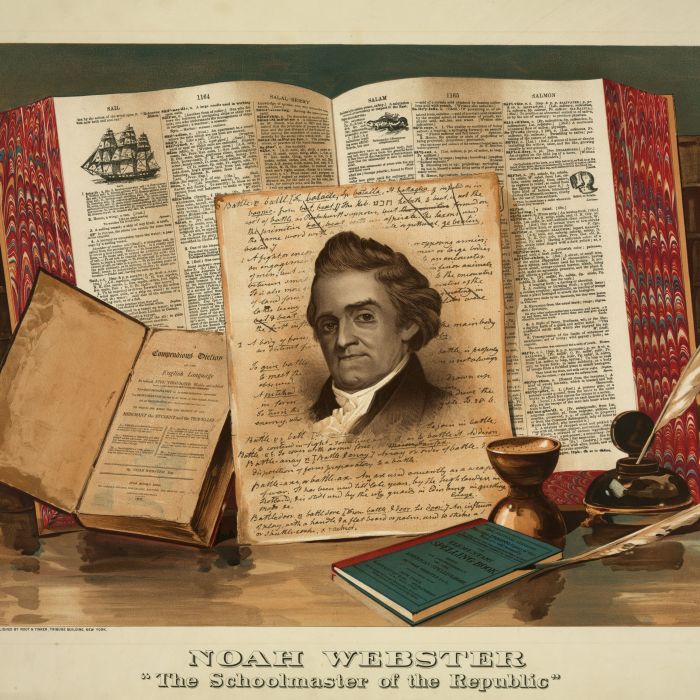
Webster’s impact on the American language and culture is undeniable. His dictionary, first published in 1828, became the standard reference for American English. It helped to standardize spelling, pronunciation, and usage, and it played a major role in shaping the way Americans use and understand language.Webster’s
educational materials also had a profound impact on American education. His textbooks, such as “The American Spelling Book,” were used by generations of American children. They taught students the basics of reading, writing, and grammar, and they helped to instill in them a love of learning.
Webster’s Dictionary
Webster’s dictionary is a monumental work that has had a lasting impact on the American language. It contains over 70,000 words, and it includes definitions, pronunciations, and usage notes. Webster’s dictionary is not only a valuable reference tool, but it is also a fascinating glimpse into the history of the American language.
Webster’s Educational Materials
Webster’s educational materials were also highly influential. His textbooks were used in schools throughout the United States, and they helped to shape the way Americans learned to read, write, and think. Webster’s textbooks were also notable for their emphasis on patriotism and civic virtue.
Webster’s Legacy Today
Webster’s legacy is still evident in modern society. His dictionary continues to be the standard reference for American English, and his educational materials are still used in schools today. Webster’s work has helped to shape the way Americans use and understand language, and it has played a major role in the development of American education.
FAQ Resource: Noah Webster Weaver Of Words
What was Noah Webster’s primary motivation for creating a dictionary?
Webster believed that a standardized American language was essential for national unity and progress. He aimed to create a dictionary that would establish a common linguistic foundation for the young nation.
How did Webster’s dictionary impact American education?
Webster’s dictionary became a widely used textbook in American schools, helping to standardize spelling, pronunciation, and usage. His educational materials, including his spelling books, played a crucial role in promoting literacy and shaping the American educational system.
What is Webster’s most enduring legacy?
Webster’s legacy lies in his profound influence on American language and education. His dictionary remains the cornerstone of American English, and his educational materials continue to shape the way we teach and learn language.
